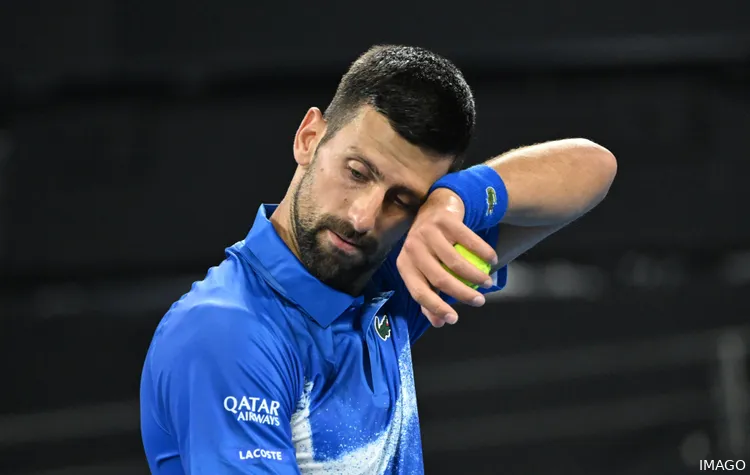
In a dramatic turn of events, the Professional Tennis Players Association (PTPA), co-founded by Novak Djokovic and Vasek Pospisil in 2020, has stirred controversy with a bold lawsuit against tennis’ governing bodies, revealing an unexpected rift between its founders. Launched in March 2025, the legal action targets the ATP, WTA, International Tennis Federation (ITF), and International Tennis Integrity Agency (ITIA), accusing them of operating as a “cartel” that enforces “anticompetitive restraints and abusive practices.” While the lawsuit aims to reform player welfare, prize money distribution, and the sport’s grueling schedule, it has also exposed a surprising disconnect between Djokovic and Pospisil, with the latter expressing shock over the Serbian star’s public comments.
The PTPA’s 163-page complaint, filed in New York’s US District Court, alongside parallel actions in London and Brussels, seeks a jury trial to address systemic issues in professional tennis. Eleven players, including Pospisil and Nick Kyrgios, are named plaintiffs, though Djokovic notably opted out. The lawsuit alleges that the governing bodies suppress player earnings, impose an unsustainable 11-month calendar, and conduct invasive investigations, undermining player autonomy. Pospisil, a former Wimbledon doubles champion, emphasized the broader mission, stating, “I’m one of the more fortunate players, and I’ve still had to sleep in my car when travelling to matches early in my career. Imagine an NFL player being told he had to sleep in his car at an away game. It’s absurd.”
The tension surfaced during a Manhattan courtroom hearing on April 11, 2025, where Pospisil testified about the ATP’s alleged coercion of players to disavow the lawsuit. When questioned about Djokovic’s remarks at the Indian Wells Open, where he expressed partial disagreement with the lawsuit, Pospisil was visibly taken aback. “I was surprised. I don’t know why he said that…it was not in line with our previous conversations,” he told the court, hinting at a misalignment that has sent shockwaves through the tennis community. Djokovic had said, “There are things that I agree with in the lawsuit, and then there are also things that I don’t agree with. I found that maybe some wording was quite strong in there, but I guess the legal team knows what they are doing.” His decision to distance himself, citing a desire for other players to “step up,” has fueled speculation about his commitment to the PTPA’s aggressive stance.
Pospisil, however, maintained that Djokovic was deeply involved in the lawsuit’s planning, receiving updates through his agent for months. “He was very much part of the process, staying updated and involved,” Pospisil said on The Slice Tennis podcast, adding, “His stance was that he didn’t want to make it about himself but rather about the broader group of players and the necessary changes in tennis.” This contradiction has sparked debate, with some fans on social media platforms praising Djokovic’s strategic restraint, while others mock the PTPA’s apparent disunity, one writing, “The two PTPA co-founders can’t agree on the contents of the lawsuit enough to present a united front. They are NAILING this.”
The lawsuit’s broader implications are significant. The PTPA claims to represent over 250 players, including many top-20 ranked athletes, and seeks reforms like standardized tennis balls to reduce injuries and fairer revenue sharing at Grand Slams. However, high-profile players like Carlos Alcaraz have distanced themselves, with Alcaraz noting he was unaware of the lawsuit until it was filed. The ATP and WTA have pushed back, labeling the action “misguided” and defending their efforts to support players. Amidst this legal storm, allegations of ATP intimidation surfaced, with plaintiff Reilly Opelka testifying that he faced threats of financial penalties for supporting the lawsuit.
As the clay season unfolds, with the French Open looming in May 2025, the PTPA’s battle could reshape tennis’ future—or deepen its divisions. For now, the spotlight remains on Djokovic and Pospisil, whose once-unified vision for player advocacy appears strained, leaving the tennis world to wonder whether their partnership can withstand this high-stakes legal gambit.
Leave a Reply